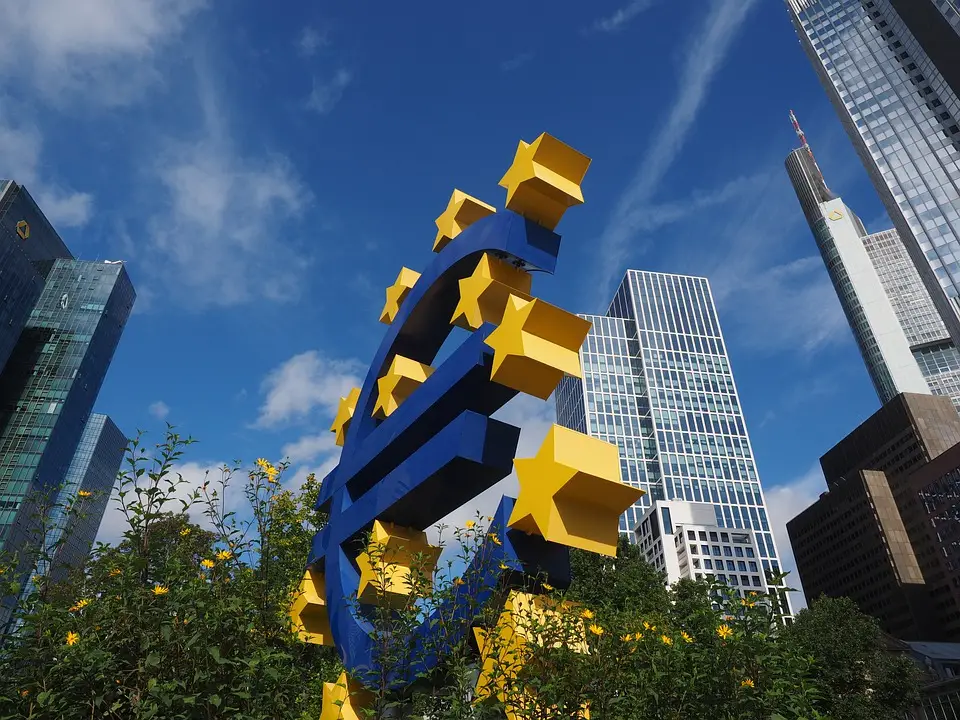As Poslovni Dnevnik writes, all Croatian kuna that people have at home will have to be exchanged for euros unless they want to keep hold of it for historical, nostalgic purposes (and I’m sure we’ll all be keeping a coin or two). It’s interesting to note that some of that money will be flowing into the purchase of real estate. Croatia’s accession to the Eurozone, according to the Croatian National Bank (CNB), only partially caused huge growth in the property business.
”This boom in the market has been happening for the last few years, we’ve all been witnessing it, it isn’t something that is exclusively related to Croatia joining the Eurozone, it’s something that I’d primarily associate with the fact that we have lived for too many years in the zone of zero interest rates,” said vice-governor Michael Foulend of the Croatian National Bank for HRT.
The double display of prices in both kuna and euros in stores should prevent additional price increases due to the rounding up of prices when Croatia does adopt the euro officially, but inflation is complicating everything.
”Having learned from the experience of other Eurozone countries, we don’t expect that there will be more pressure due to the introduction of the euro here. What is inconvenient is that Croatia is in a period of very high inflation, so perhaps it creates the impression that everything is linked to the euro, but that isn’t at all the case,” stressed Zvonimir Savic, special adviser to the Prime Minister on economic issues.
Croatia is entering the Eurozone at a time of great geopolitical crisis, but this country’s joining should actually provide many advantages.
”It is to be assumed that entering the Eurozone means greater financial stability, lower interest rates, more favourable conditional borrowing, even during crisis times, and we are and should be aware that this current crisis is geopolitical and has very serious economic implications – then you have an umbrella, some kind of shelter you can count on,” pointed out Mladen Vedris from Effectus University.
”Within the Eurozone itself, there are some big differences between developed and less developed member states, but also between the political leadership of those countries, so it is particularly important that we navigate these waters skillfully and as strongly as possible in this currently turbulent sea,” concluded Vedris.
For more, make sure to check out our dedicated politics section.











